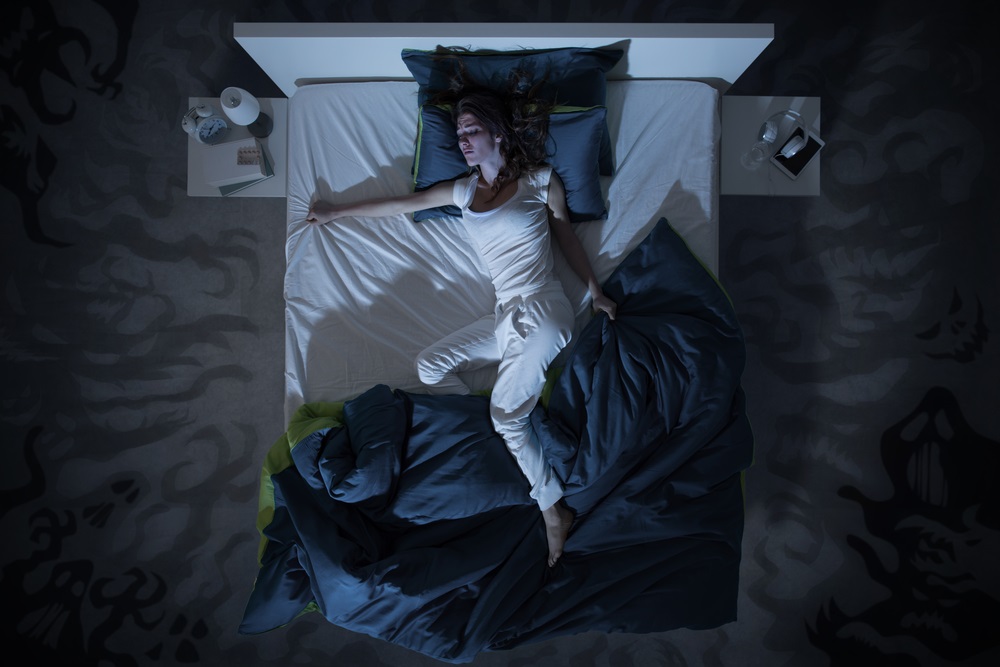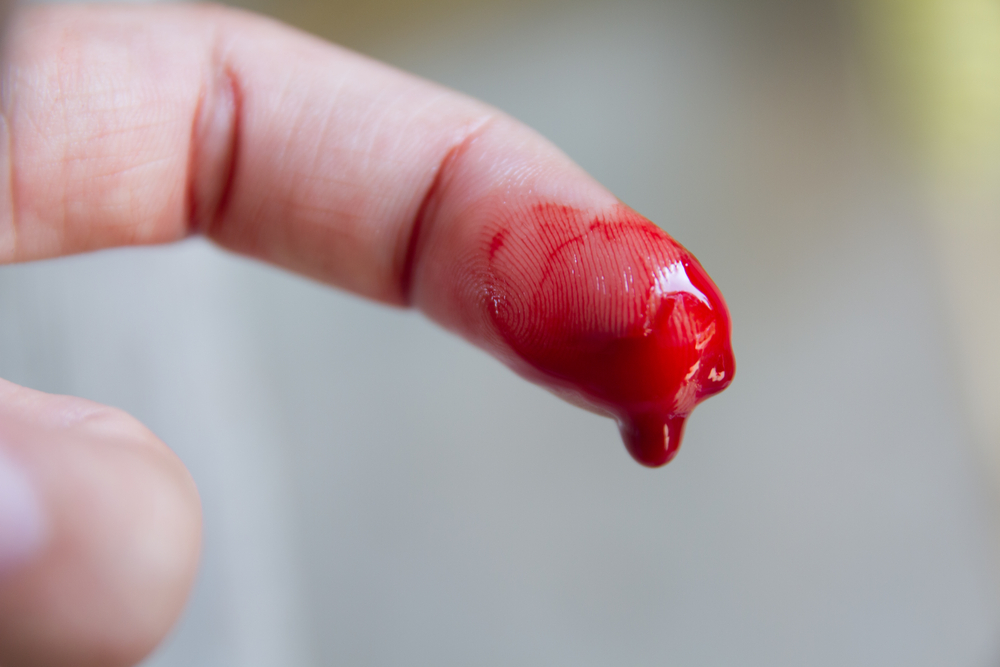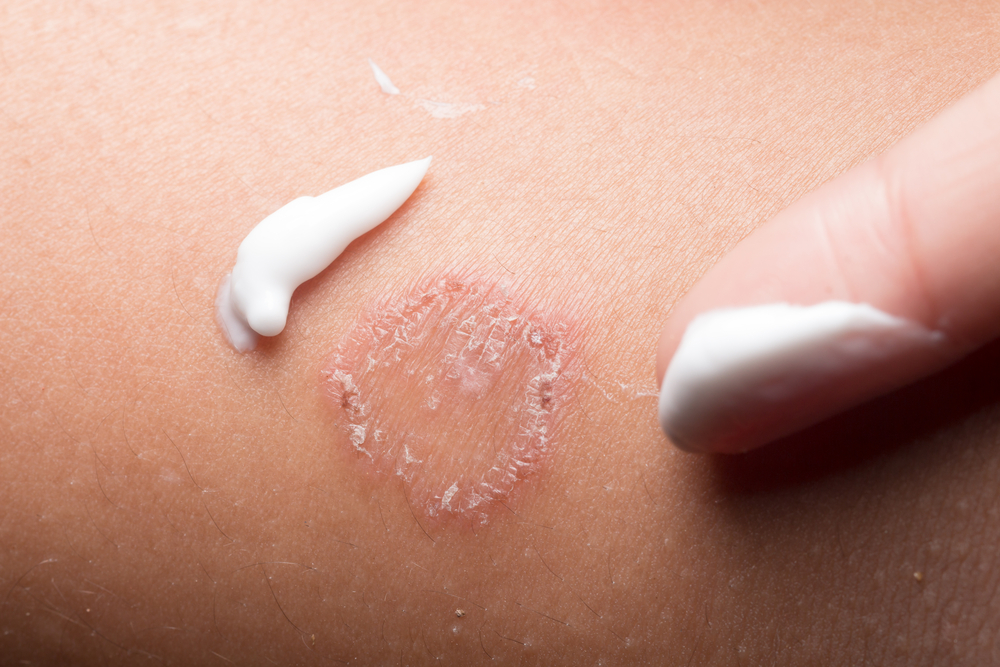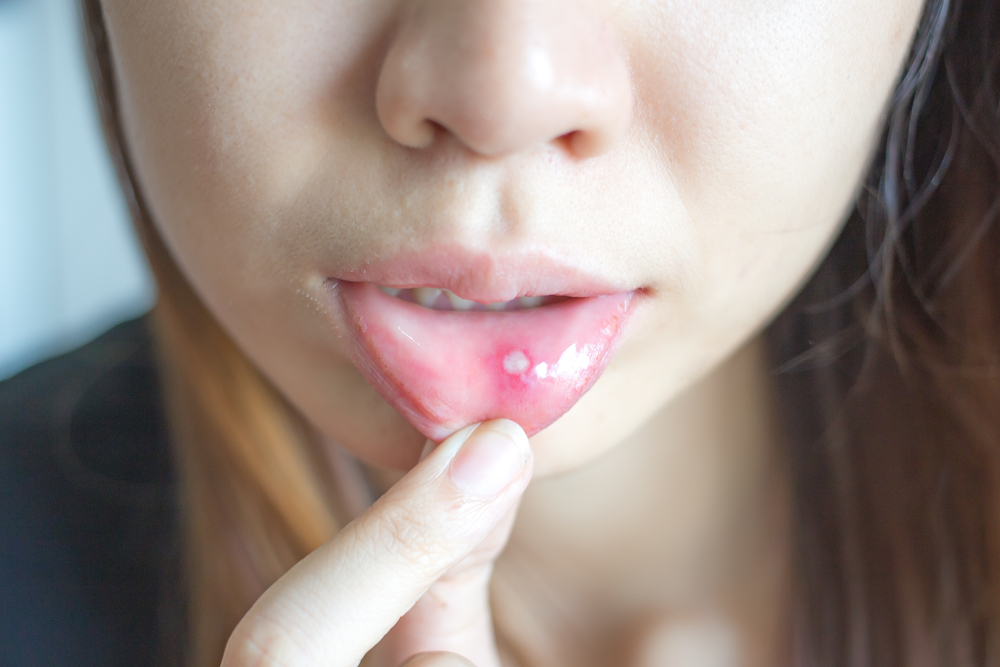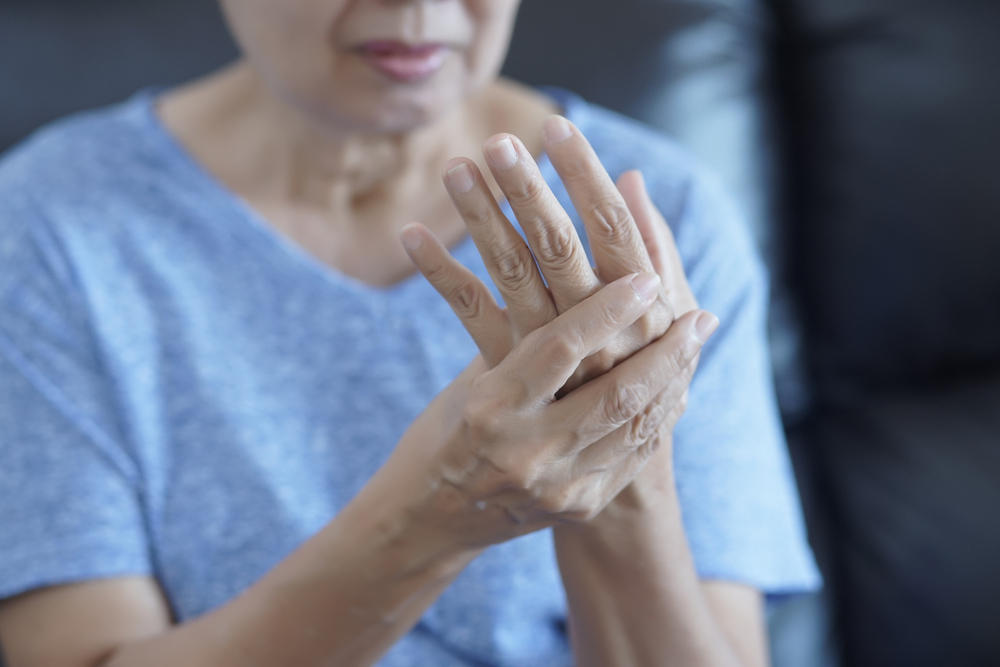- Excessive sweating at night may herald more serious underlying illness.
- The medical definition and nature of this condition remains nebulous.
- Causes can range from physical to mental imbalances.
Waking up at night to find yourself drenched in perspiration might seem innocuous. However, it might also signal one or more of a series of health conditions – some of which might cause you to break out in a cold sweat.
What Exactly Are Night Sweats?
You may occasionally awaken after having perspired excessively, particularly if you are sleeping under too many blankets or if your bedroom is too warm. Although uncomfortable, these episodes are usually not cause for clinical concern.
Night sweats, on the other hand, are repeated episodes of extreme perspiration that may soak your nightclothes or bedding.
According to Caleb Backe, a health and wellness expert with natural beauty product manufacturer Maple Holistics, “While the causes of night sweats are generally thought to be mostly harmless, the occurrence of the issue on a regular basis should be definitely examined by a doctor, as it may be an indication of a more serious disease or infection.”
How Are Night Sweats Diagnosed?
One of the problems that complicate the treatment and management of night sweats is the lack of consensus in the medical community on their true nature.
While they are commonly defined as episodes of extreme perspiration in response to hot flashes during menopause, men and women of all ages have been found to suffer from night sweats for a variety of reasons.
Furthermore, there is no consensus on the nature of the actual sweating itself. Some researchers only consider perspiration that occurs solely after the patient has fallen asleep, while others do not. In addition, some insist that an absence of excessive daytime sweating is needed to classify nocturnal perspiration as night sweats.
Still others have proposed the sub-classification of this symptom into the categories of mild, moderate and severe. Likewise, there is no consensus on a clearly defined pattern of sweating as of yet.
What Causes Night Sweats?
Sweating helps reduce body temperature after it rises above a certain limit known as the thermoneutral zone (TNZ). This can happen for a variety of reasons — primary among these are hot weather and excessive clothing.
Inflammation during infection can in some cases raise the TNZ, inducing chills and prompting the body to raise its temperature. Sweating occurs after the inflammation has subsided and the TNZ has returned to normal.
In such cases, night sweats may be driven by variations in levels of viruses, bacteria, and factors that drive inflammation. These recurrent bouts of excessive sweating therefore tend to be associated with fever, weight loss, localized pain, cough, diarrhea, or other symptoms.
However, they can also be attributed to a number of other diseases and disorders, some of which may be life-threatening.
Hormonal Imbalances
Problems in the hormone-producing glands that constitute the endocrine system can cause sweating at night.
If a person produces too much or too little of a particular hormone, such dysfunction can result in flushing and sweating. Sometimes, these imbalances are indicative of a more serious condition.
Michael Craycraft, a testicular cancer survivor and founder of the Testicular Cancer Society, recommends that men who experience night sweats should have a physical evaluation to look into the possibility of hypogonadism, a condition in which the body doesn’t produce enough testosterone.
“Hypogonadism runs the risk for more serious complications, such as metabolic syndrome, so addressing the underlying issue is of the utmost importance,” Craycraft says.
Other Clinical Causes
Some of the best-known conditions associated with night sweats include hypoglycemia, cancer, and bacterial infections.
Night sweats may also indicate the presence of a condition known as idiopathic hyperhidrosis, which causes the body to produce too much sweat without an identifiable medical or environmental cause.
They may also be caused by HIV/AIDS, tuberculosis, stroke, sleep disorders, hyperthyroidism, or syringomyelia, a condition characterized by the presence of a fluid-filled cyst on the spinal cord. Studies have shown that they might also imply the presence of gluten sensitivity.
Night sweats can be symptomatic of Lyme Disease as well. According to Jonathan Steele, Executive Director of WaterCures.Org, a provider of natural health solutions, “Lyme co-infections, in particular babesiosis, can cause night sweats. In one study, almost half who were positive for babesiosis also had night sweats.”
Mental State Matters
The causes of night sweats are not limited to the physical. Mental illness and anxiety can make you perspire excessively in your sleep. A malfunctioning endocrine system can result in the production of too much or too little serotonin – a neurotransmitter that when imbalanced is associated with depression.
Studies have demonstrated that depression can prevent the natural lowering of body temperature that occurs in the evening to facilitate sleep. Also, acute and chronic anxiety can play a large role in activating the sweat glands.
Medication Side Effects
Night sweats might be a side effect of certain medications. A number of anti-depressants, diabetes treatments and hormone blockers used to treat cancer can cause you to perspire excessively at night.
How To Stop Night Sweats
Before you press the panic button, it is important to remember that it is just as likely that any number of everyday aspects of your life might be responsible for your night sweats. Chief among these are spicy food, hot drinks, hot weather, too many blankets, drug addiction and exercising before bedtime.
Haralee Weintraub, CEO of Haralee, a manufacturer of garments for women who suffer from night sweats, believes that certain lifestyle changes can go a long way towards alleviating the severity and distress caused by this condition.
“I recommend keeping the house cool at night to help minimize the discomfort, and advise sufferers to try regular meditation, yoga and daily exercise,” says Weintraub. “Sufferers should also eliminate alcohol consumption.”
However, Weintraub cautions that there is no cure for night sweats.
Caleb Backe of Maple Holistics concurs, adding that “I would recommend that you avoid eating large meals 2-3 hours before going to bed, refrain from drinking coffee or hot drinks during the night or before sleeping, ensure that your room has enough ventilation or an AC, and don’t wear thick clothes or underwear to bed – as these are all common issues that may cause night sweats.”
Putting the Problem to Bed
There is no single treatment for night sweats. According to family physician Dr. Mashfika Alam, “Night sweats can arise as a result of various conditions, and for each condition, the treatment is different.”
The first step towards stopping the sweating is to make changes in your lifestyle, which may include one or more of any of the recommendations mentioned previously. However, if the perspiration persists and is accompanied by other symptoms, it’s time to pay a visit to your doctor.





